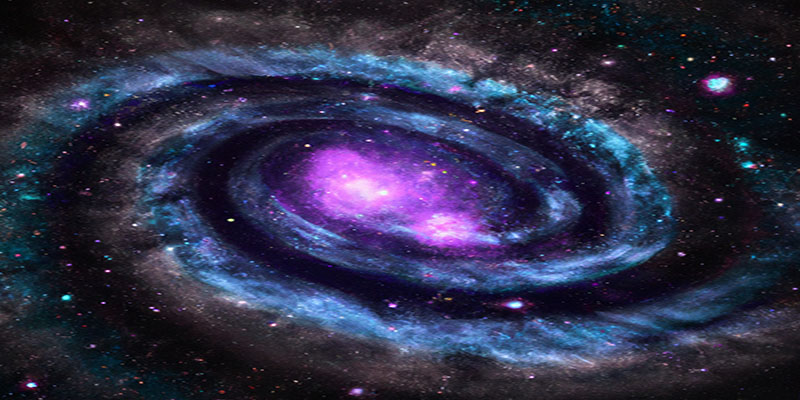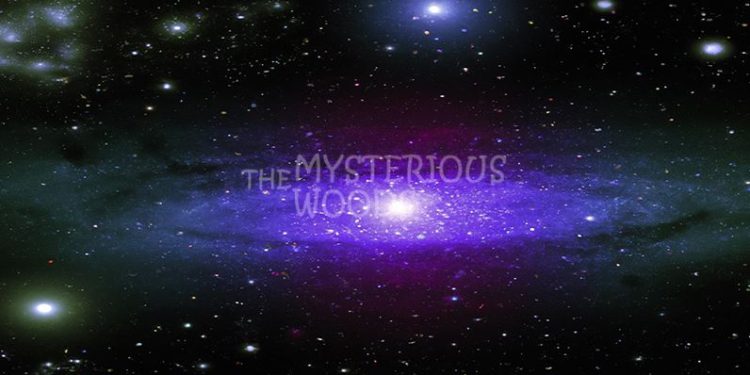Dark matter and dark energy are two of the biggest mysteries in modern astrophysics. While scientists have been searching for evidence of their existence for decades, much about these substances remains unknown. This has led to a split in the scientific community, with some researchers accepting the idea of dark matter and dark energy as a crucial component of our universe, while others remain skeptical.
What is Dark Matter?
Dark matter is a hypothetical form of matter that is thought to make up a large portion of the universe. Despite its name, dark matter does not emit, absorb, or reflect any light, making it impossible to detect directly. However, scientists believe that dark matter is responsible for the gravitational pull that holds galaxies together, as well as the cosmic microwave background radiation observed throughout the universe.
Arguments in Favor of Dark Matter
Proponents of dark matter argue that without it, our current understanding of the universe would be incomplete. For example, the observed motion of stars within galaxies can only be explained if there is a significant amount of unseen matter providing the gravitational force needed to hold the stars in place.
Additionally, the cosmic microwave background radiation and large-scale structure of the universe can only be explained by the presence of dark matter.

Arguments Against Dark Matter
Critics of dark matter argue that there is still no direct evidence of its existence, and that the observed gravitational effects can be explained by other means. For example, some scientists have suggested that the observed motion of stars within galaxies can be explained by modifications to the laws of gravity, rather than the presence of dark matter. Others have pointed out that the predicted amount of dark matter in the universe seems to be in conflict with other observations, such as the formation of dwarf galaxies.
What is Dark Energy?
Dark energy is a mysterious form of energy that is thought to be responsible for the observed accelerated expansion of the universe. Unlike dark matter, dark energy does not seem to clump or interact with other forms of matter, making it difficult to detect. Scientists believe that dark energy makes up around 70% of the universe, and is driving the universe apart at an ever-increasing rate.
Arguments in Favor of Dark Energy
Advocates of dark energy point to the observed accelerated expansion of the universe as evidence of its existence. Without dark energy, scientists predict that the expansion of the universe would be slowing down due to the gravitational pull of matter. However, observations of distant supernovae have shown that the universe is actually expanding at an accelerated rate, suggesting that there must be some form of energy driving this expansion.

Arguments Against Dark Energy
Critics of dark energy argue that there is still no direct evidence of its existence, and that the observed accelerated expansion of the universe can be explained by other means. For example, some scientists have suggested that our current understanding of gravity may be incomplete, and that the observed expansion could be the result of a breakdown in the laws of gravity on a large scale. Others have pointed out that the observed acceleration may be due to systematic errors in the data, or that it may be the result of a more complex process that has yet to be understood.
Conclusion
Despite decades of research, the existence of dark matter and dark energy remains one of the biggest mysteries in modern science. While many scientists believe that these substances play a crucial role in our understanding of the universe, there are also those who remain skeptical. As more data is collected and new theories are proposed, the debate over the existence of dark matter and dark energy will continue to rage on.
© 2023, The Mysterious Woods. All rights reserved. On republishing this post you must provide link to original post!










Discussion about this post